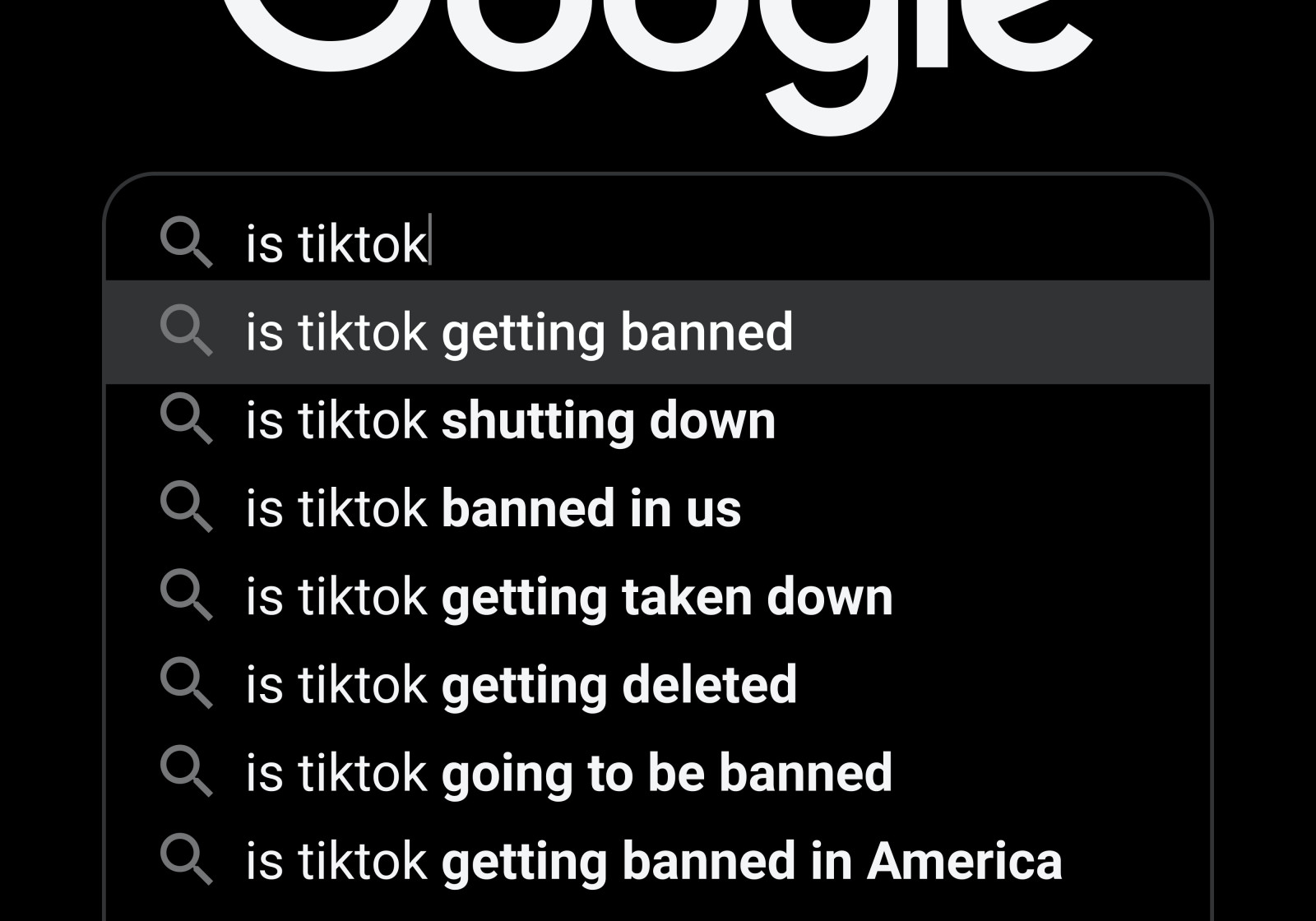TikTok has been banned in Montana: an early blow in a larger battle

Photo: Charles Deluvio

The TikTok ban in Montana does not come as a huge surprise, with the state having threatened to do so in the wake of the recent hearings of the company before congress. It also cannot do much; users who already have the app can continue to use it, and in a state of a roughly 1.1 million population, the lost remaining growth opportunity will hardly make or break TiKTok.
However, in a broader regulatory and cultural sense, it is a big move. The recent hearings were part of a broader testing of the waters, with data privacy legislation likely to emerge in the US as a result. Broader questions about oversight of tech companies, privacy protections, and regulatory powers have also emerged, especially with the larger challenges posed by AI. This ban takes the conversation from a hypothetical talking point of ‘what can regulators do’, to setting a real-world precedent of what one state has already done (similarly to how Italy has banned ChatGPT). In short: regulation is here, and it is unlikely to stop at TikTok, or in Montana.
The argument for banning TikTok in Montana, according to governor Greg Gianforte, is to “protect Montanans’ personal and private data from the Chinese Communist Party”. Here is where it gets interesting. The argument is twofold: to protect personal and private data, which is an argument that neither really begins nor ends with TikTok, but specifically ‘from the Chinese Communist Party’. Whether TikTok’s affiliations with the Chinese government are real or imaginary, the fact that geopolitical tensions are rising between the two countries and an election season is on its way in the US likely means that the scrutiny of the app has just as much to do with political messaging as it does genuine concern for consumers’ privacy. The tell will be in where the regulation goes.
Featured Report
Social 2025 Navigating platforms for fan power
The biggest apps are in the process of disruption. TikTok’s uncertain future and Meta’s apps relaxing content restrictions and fact checking will constitute greater challenges for creators, advertisers, and audiences looking to use and benefit from these platforms.
Find out more…Concerns for data privacy should be equally valid across the digital world, with breaches a regular occurrence and privacy laws not nearly as strict in the US as they are in Europe under GDPR. Issues of mental health and consumer safety are also equally as relevant across TikTok as they are on Twitter (where the Proud Boys January 6th insurrection was largely planned) and Instagram (which regularly has reportedly negative effects on the mental health of teens). And should it be a question of political robustness, well, Russian interference in the American election back in 2016 was done through the likes of Facebook, YouTube, and Twitter. No platform, in this sense, is unique, unproblematic, and therefore safe from any meaningful consumer protective legislation.
We shall see what direction the US congress decides to go – we are not political analysts here at MIDiA. Either way, however, it is clear that, especially as AI has begun to exacerbate every existing issue with the digital world, actions are not only going to be talked about, but taken – and this will have huge impacts for social platforms. For most of them, data – and personalised ads – are their main products, and increased data protections will challenge this. Apple’s introduction of privacy measures on iPhones alone cost Meta an estimated $10 billion. The tech industry is now beset by layoffs and hiring freezes as well. All of these elements are part of a bigger picture: a changing pace of growth for an industry which is now over a decade old, and can no longer sustain the same uninhibited innovative pace it has thus far been known for.

The discussion around this post has not yet got started, be the first to add an opinion.